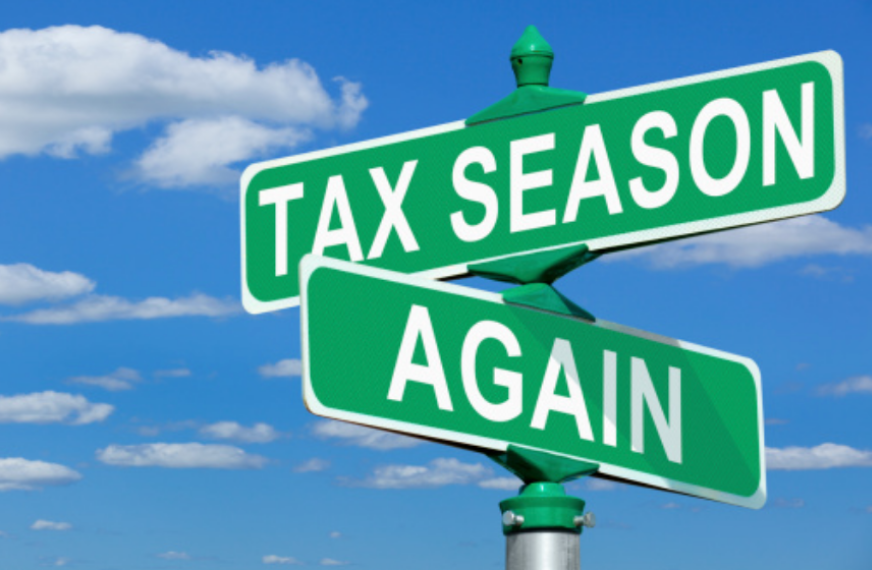
As an experienced bookkeeper, I would advise my clients to keep track of all business-related expenses throughout the year. This includes things like office supplies, equipment, travel expenses, and any other expenses that are necessary for the operation of the business. By keeping accurate records of these expenses, you will be able to take advantage of deductions and credits that can lower your overall tax bill. It’s important to note that the IRS has strict rules on what constitutes a business expense; so, it’s important to consult with a tax professional or review the IRS guidelines to ensure that your expenses qualify.
Income
In addition to keeping track of expenses, it is also important to keep accurate records of all income and sales. This includes all revenue generated by the business as well as any income from investments or other sources. This information will be used to calculate your tax liability and ensure that you are paying the correct amount of taxes.
Legal
As a small business owner, it is important to stay up-to-date on the tax laws and regulations that apply to your business and industry. These laws can change frequently, and failure to comply with them can result in penalties and fines. It is important to consult with a tax professional or review the IRS guidelines to ensure that you are in compliance with all relevant laws.
Tools
Using tax software or hiring a professional tax preparer can be a great way to ease the burden of preparing for tax season. Tax software can help you organize your records and ensure that you are taking advantage of all deductions and credits. A professional tax preparer can also help you navigate the process and ensure that your return is accurate and complete.
Structure
It’s also important to review your business structure and determine whether it is still the most tax-efficient option for your company. Some common business structures include sole proprietorships, partnerships, limited liability companies (LLCs), and corporations. Each structure has its own set of tax rules and regulations. Depending on your business needs, the structure that is most beneficial for your business may change over time.
Deductions and Credits
Finally, it’s important to review any potential tax credits or deductions that you may be eligible for as a small business owner. Some common credits and deductions include the home office deduction, the self-employed health insurance deduction, and the small business health care tax credit. These can be complex and many small business owners overlook these deductions. This is why it’s important to consult with a tax professional or review the IRS guidelines to ensure that you are taking advantage of all available credits and deductions. While we at Park City Bookkeepers are not CPAs, we can help you with preparing for your tax filing and we can recommend CPAs in Park City that we work with.
